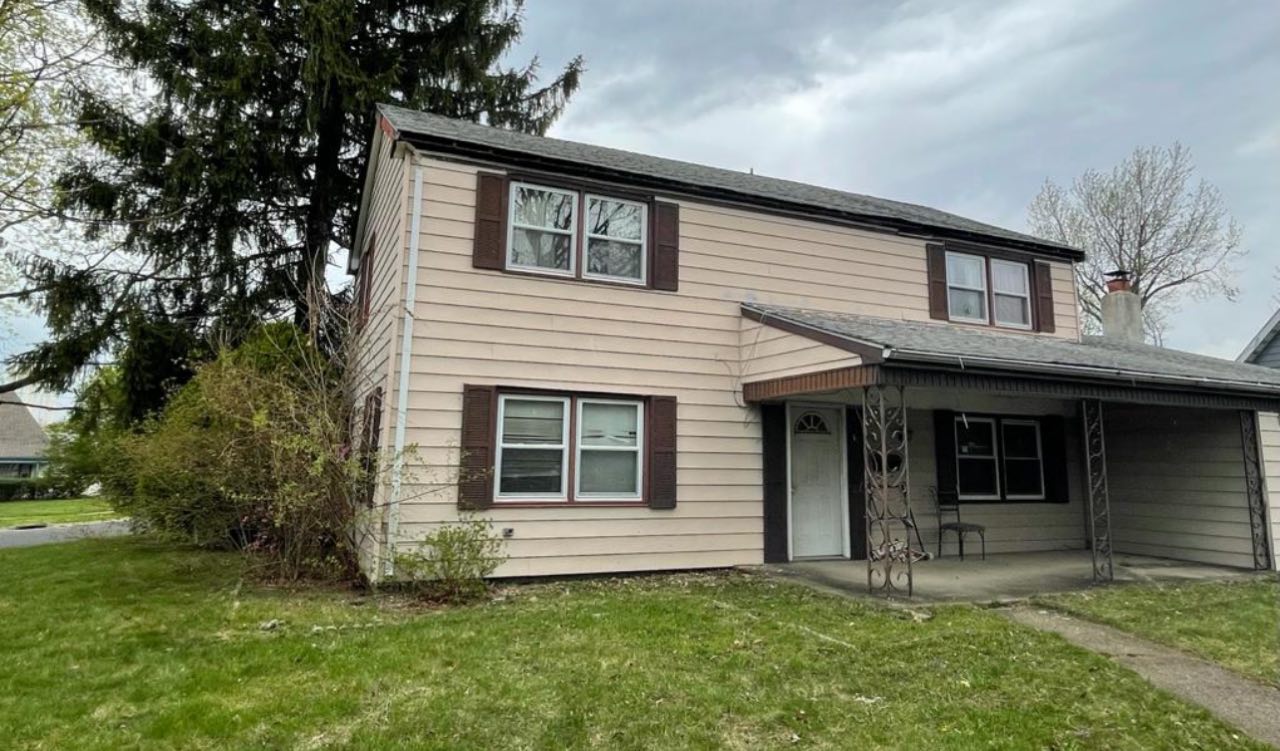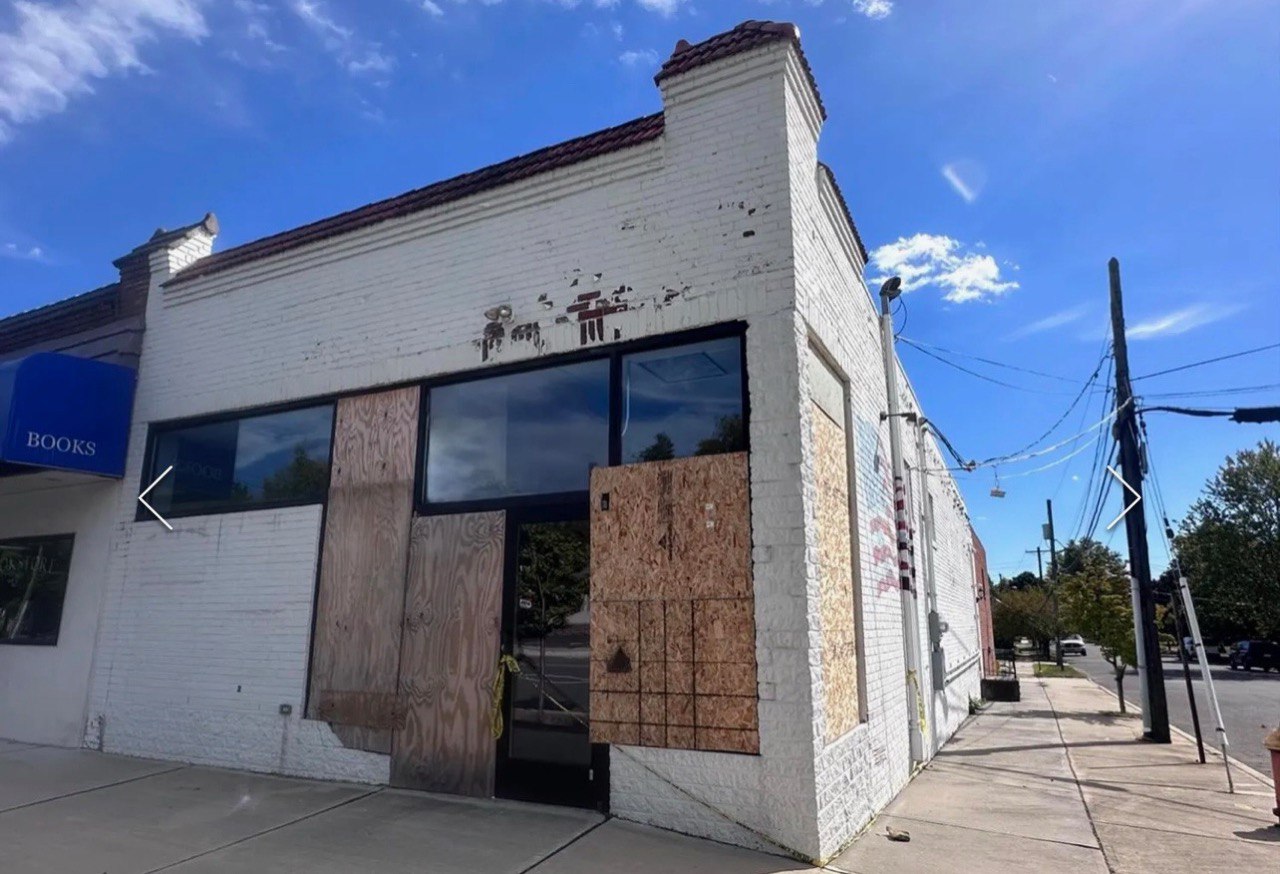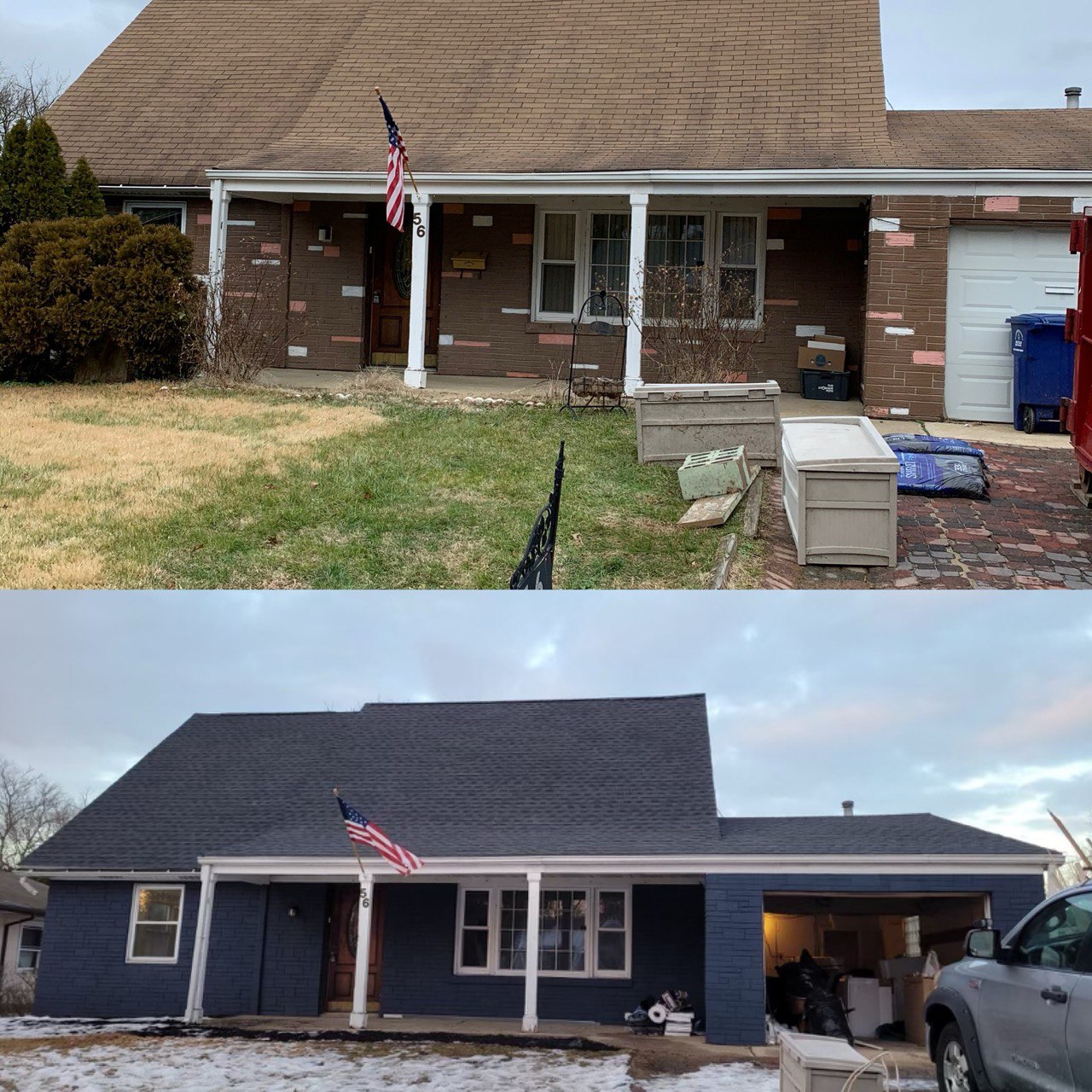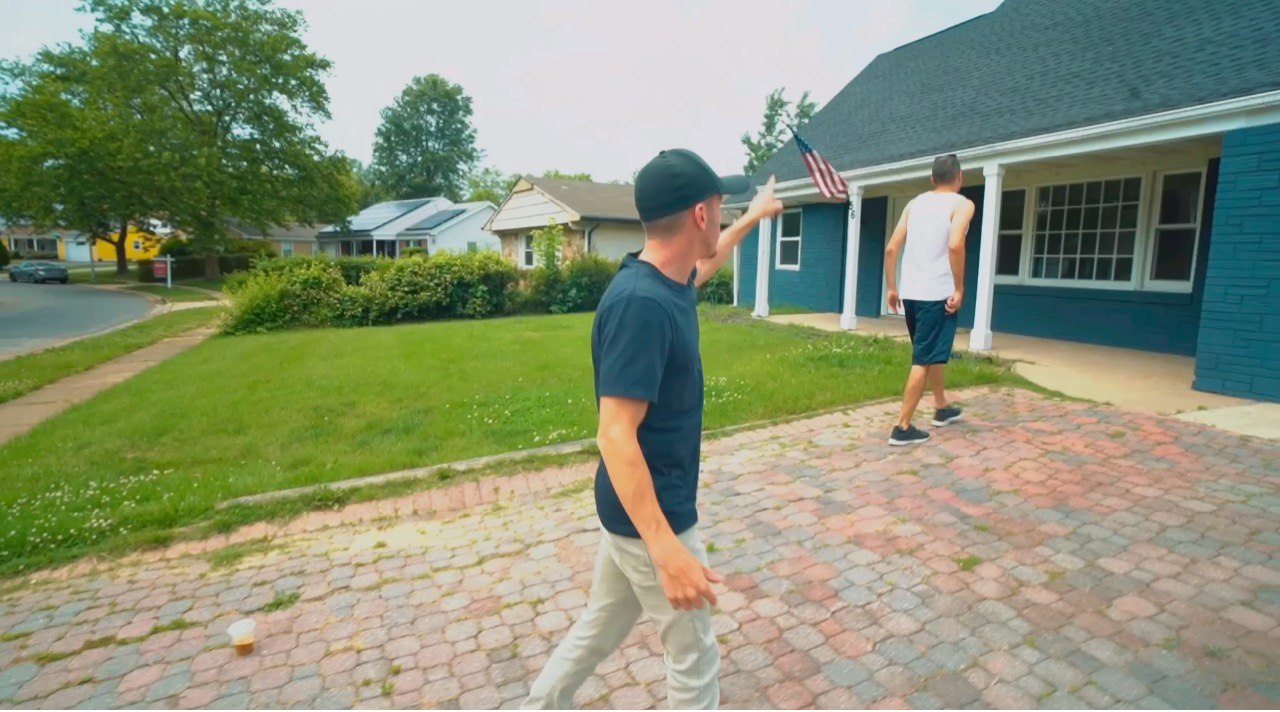
Dealing with probate can be a daunting and time-consuming task, especially after dealing with the loss of a loved one. There are five things you should be aware of when dealing with a house in probate.
What Is Probate?

Probate is the term for the legal process that occurs after someone passes away to pay off debts and to pass on inheritances to the heirs. There are some general things you can expect no matter where the property is located and the laws vary from state to state, To become the legal owner of a enhirited home, you may be required to go through the probate process. When a will is present, an executor will already be assigned in administering the deceased person’s will. Hence, if there isn’t a will, the courts will automatically assign an executor to facilitate the process.
The Will Needs To Be Proven Valid
When someone passes away the court will need to be notified to open a probate case. The will must be provided, along with documentation proving that it is valid. Some requirements of a valid will include the intent, the legality of age when signed, and the presence of two witnesses who were present to observe the signature and the date on which it was signed. The will needs to be created voluntarily, by someone who is of sound mind to do so in order to be considered legal with the courts.
You Will Need To Notify Creditors and Heirs
After your loved one passes away, you will need to notify all creditors and potential heirs that you are opening a probate case. For instance, you may even need to put a notice in the paper. You will need to use the estate to pay off all valid debts such as credit cards and personal loans. When handling probate, you’ll need to file tax returns for the deceased and address any inheritance taxes that are due.
You’ll Need To Take Inventory Of The Entire Estate

The courts will need to know about other investments in a Real estate and will supervise the process of authenticating a last will and testament if the deceased made one. It includes locating and determining the value of the person’s asset such as bank accounts, stocks, bonds, cards, deeds, vehicles, or any other high-value items. These items will be taken into account when paying off debts from entitled creditors as well as when assets are distributed between beneficiaries. It is a good idea to work with a probate attorney to ensure everything is properly discovered and accurately recorded.
The Process Can Be Time Consuming

As a responsible executor of the estate, you may find yourself dealing with paperwork, phone calls, and court hearings that can take up a good amount of time. When a will is present, things will move along faster than if one wasn’t. Having a will puts a plan in place leaving little to be decided by the courts. Some probate cases can be started up in a matter of months, while others can take years to be completed. Process will go much smoothly if everything go together ahead of time.
You Can Sell The Property While In Probate

A fast and easy solution for a house in probate is to simply sell it. If no will is present in the estate it is intestate, the house will need to be sold through the probate courts, which is a highly regulated process. Court fees and specific processes that must be followed and the processes vary from state to state.
Hence if an estate is testate, meaning there is a will present, the executor will be able to petition the courts to sell the property on their own. This is ideal for those who want to avoid court costs while retaining more control of the process. The best way to go for those who want to save even more money, fast selling your inherited property to a professional buyer who is familiar with the probate process. When you work withSavannah Properties, you won’t have any of the expenses you will likely incur when working with a New Jersey real estate agent. As an example, you won’t be faced with commissions, repair costs, or marketing expenses.
Heirs can be startled by property left to them in a will and they may not want to keep it or be financially prepared at some point. In this case, spending money on repairs, upgrades, and other listing costs will likely be out of the question. By selling their inherited New Jersey house directly, they’ll be able to sell fast, pay off debts, and cut up the sale proceeds amongst the heirs by the court.
Make sure you have the authority over your inherited property before you think about selling it in New Jersey.








